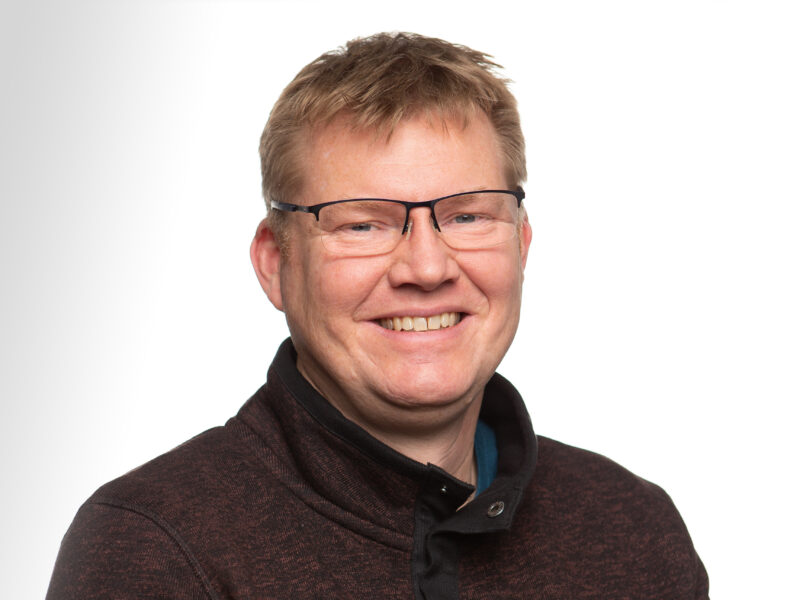Listen to an episode featuring Christian Ydesen:
Understanding the complexities of education and schooling
by Christian Ydesen
Professor in the Department of Culture and Learning
Aalborg University, Denmark
Most people agree that education and schooling are framed and enacted in and across complex arenas. Therefore, getting a comprehensive and nuanced picture of the many layers and intersections of education and schooling takes a lot of work for all stakeholders of education, including educators and policymakers, but also for researchers. While researchers are deeply engaged and knowledgeable about specific topics in education, accurate analysis of education and schooling can often benefit from inspirations, insights, neighboring fields, and interdisciplinary knowledge. In other words, it qualifies the research process and allows the formulation of more relevant research questions with a broader resonance.
FreshEd is very helpful for achieving just that. When listening to FreshEd, I have often found some of the most thought-provoking ideas related to my own research agenda. Similar to Claire Maxwell’s argument in her FreshEd recommendations, I also want to draw attention to some interesting episodes of FreshEd that are not necessarily related to my research but have given me food for thought about research topics in my field.
First, I would like to refer to a phenomenon cutting across several FreshEd episodes, namely the development and significance of Teach for All – a global network of affiliate organizations that recruit people to make 2-year commitments teaching in high-need schools. The interview with T. Jameson Brewer, Kathleen deMarrais and Kelly L. McFaden focused on their new book ‘Teach For All Counter-Narratives – International Perspectives on a Global Reform Movement’. The episode revealed insights into the transformative role played by private organizations backed by philanthropic foundations in education. It made me think deeper about education stakeholders and added to my understanding of the many layers and intersections of education and schooling.
I also recommend the episode where Ben Williamson discusses his findings about digital education and the future of learning. He explains how precision learning has entered education. He defines it as ‘EdTech software engineering meets the sciences of learning and cognitive science and neuroscience, and even to a certain extent biomedicine.’ The episode presents how particular knowledge paradigms intersect with research, policy, and schooling practice across time and place because there seems to be a strong resemblance between the ideals and promises of precision learning with what used to be associated with IQ testing as it emerged from the intersections between progressive education and the eugenics movement in the interwar years.
Finally, I want to highlight the final episodes of each year where Susan Robertson and Mario Novelli (and earlier Roger Dale) review the year that is coming to an end, teasing out main themes and perspectives of importance for the development of education. I look forward to another year of rich and enlightening FreshEd episodes from the many excellent colleagues.
February 1, 2023






